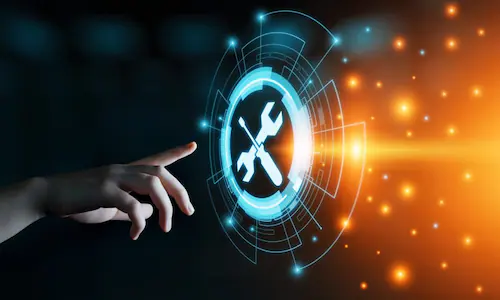The third iteration of the Web, in a nutshell, aims to put more control over web content in its users’ hands. With Web 3.0, you won’t need an account for each social platform–with just one account, you could seamlessly move between platforms, browse for information, or even shop.
Web 3.0, which will be built on blockchain – the technology underlying bitcoin and other cryptocurrencies, aims to eliminate all big intermediaries, including centralised governing bodies or repositories.
Web 1.0, or the first phase of the World Wide Web, started in the 1990s when the dotcom boom enabled easy access to information. However, the information was largely disorganised and difficult to navigate.
Google and MSN, which entered with Web 2.0 in the late 1990s, brought order to chaos, sorting the information, and presenting it in an organised manner. They helped in ranking search results based on popularity. The onset of this era enabled the simpler exchange of information with others over the internet. However, this led to the gradual shifting of power into the hands of a few large corporations.
The next version of the internet, Web 3.0 is being proposed by content creators with the intention of reassuming power. This will open up the internet to new search engines or social networks with the control over content not restricted to just a few companies.
While Web 2.0 improved communication and online interaction, Web 3.0 shifts its focus to connectivity, content relevance, content outreach, and performance.
After decades of emphasising the look of websites and web pages, work on the evolution of ‘back end’ capabilities has begun. The driving force of this improvement was user experience. Web 3.0 delves deep into a plethora of aspects.
Cryptocurrencies and NFTs would allow users to generate value easily. Tokens of work or a currency could be exchanged in exchange for service in the system or a job.
Web 3.0 would offer a more user-centric environment and the digital giants would lose their dominance. Data monetization would no longer be able to be exploited in the same way, and for many, this would mean a major loss of revenue. Still, the metaverse could offer a significant new avenue of opportunity for large tech companies such as Meta, since the two worlds would complement each other to create a quality digital universe.









